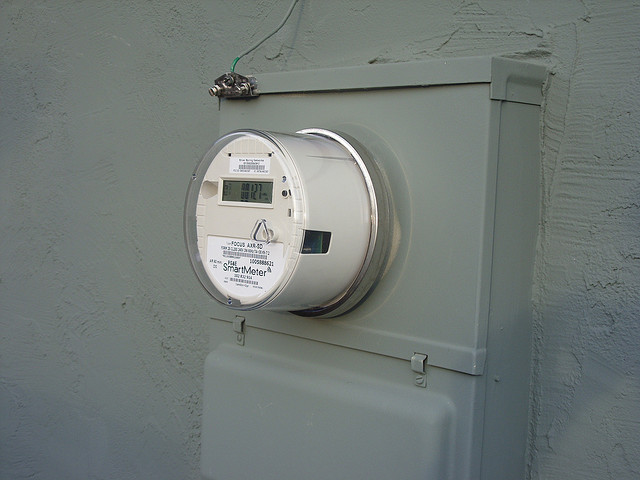Energy suppliers have been given more time by the government to roll out smart metering on smaller non-domestic sites after around two-thirds of responses to a consultation opposed the government’s plans to retain the end-date in April 2016.
Until the outcome of the consultation, there was an exception to the smart meter roll-out licence conditions that allowed the installation of advanced meters to meet the roll-out obligation at designated non-domestic sites prior to 6 April 2016. Energy suppliers, who are responsible for installing smart meters, were also given to the roll-out end-date of 31 December 2020 where there is an existing contractual agreement to install the technology.
The consultation considered whether or not the initial 2016 deadline should be extended, with the government’s view that it should be retained to ensure smart meters are deployed in place of advanced meters at an early stage. However, this position was challenged by respondents to the plans, who claimed the current exception end-date would be disruptive to both consumer installation services and to suppliers’ rollout activity.
As a result, the Department of Energy and Climate Change (DECC) has reconsidered its position and given large suppliers until 28 April 2017 before they are required to switch from advanced to smart meters. Small energy suppliers will have until 17 August 2017, with both deadlines intended to avoid the risk of a potential slowdown in installations.
The decision follows calls from nearly three-quarters of the suppliers that responded to the consultation to allow sufficient time to transition to SMETS2 9 (smart metering equipment technical specifications) meters. Most were concerned about timely access to the technology, particularly smaller firms who would face difficulties in accessing SMETS2 meters and installation services in time for the original deadline.
This view was reflected in the government’s decision to extend the end-date, as DECC claims some of the functionality required in the non-domestic sector, in particular half-hourly data retrieval, will become available in the second live release of the Data and Communications Company (DCC) in September 2016 (with one month’s contingency, to October 2016).
In its response, DECC states: “Suppliers will require a period of transition from advanced meters to SMETS2 once this functionality becomes available for testing. As large suppliers are expected to drive the initial market for SMETS2 meters and variants, we consider that 6 months is a sufficient period for them to make this transition.”
It claims large suppliers are expected to drive the SMETS2 market, with variants to become available to small suppliers later and is reflected by the new 2017 deadline.
However, current arrangements which allow advanced meters to be installed beyond the exception end-dates where contracts are in place prior to 6 April 2016 will be retained and this deadline will not be extended. This means suppliers will still be able to install advanced meters after the April and August 2017 but only if a contractual agreement is in place prior to 6 April 2016. This is intended to limit deployment of advanced meters after the end-date and drive suppliers toward installing SMETS meters and variants.
In its announcement, DECC said: “We consider this approach strikes the optimal balance between maximising deployment of smart meters while avoiding the downsides of a potential slowdown and the associated disruption to suppliers’ business activity and consumer choice that maintaining the current April 2016 end-date could result in.”






